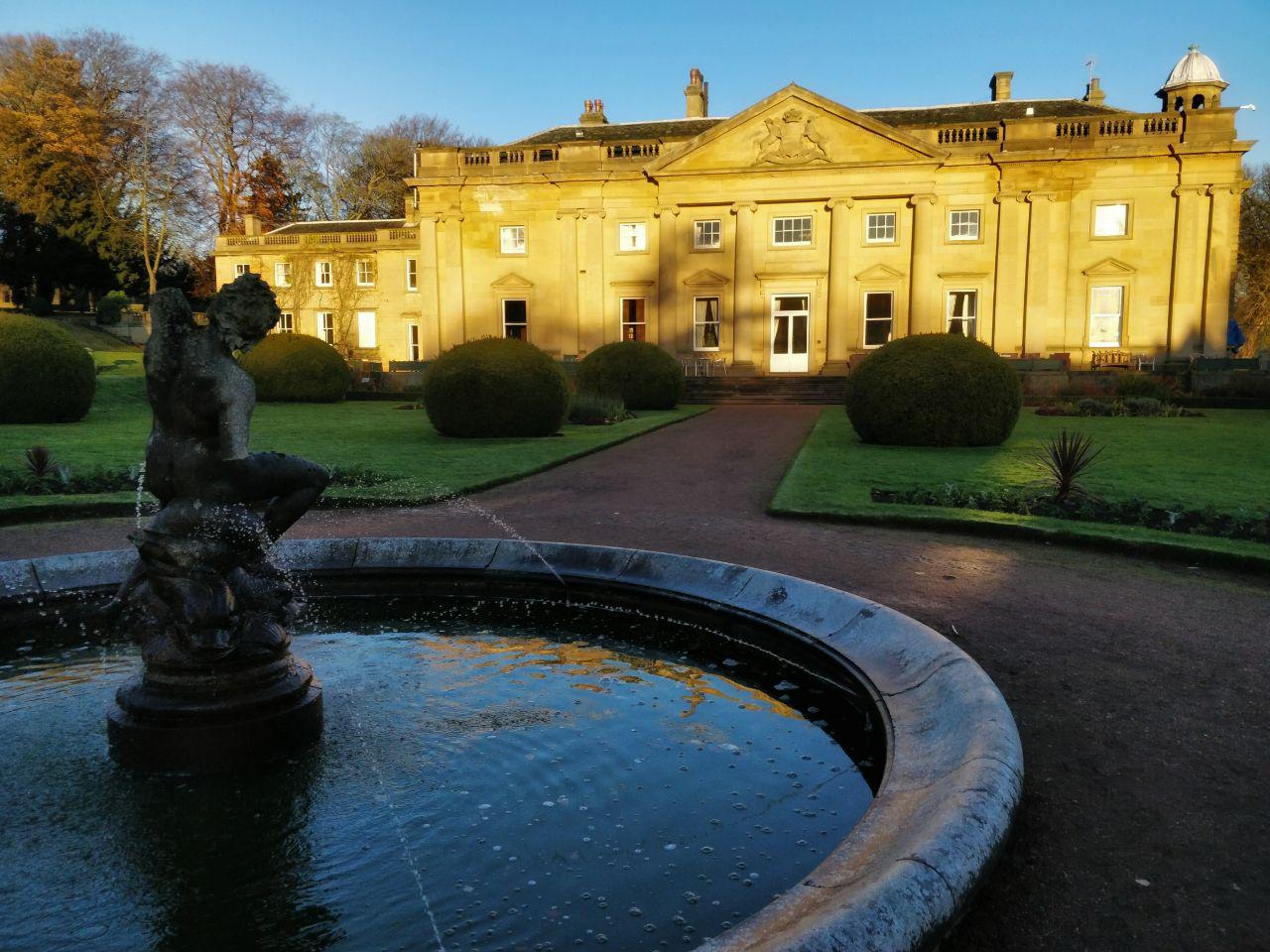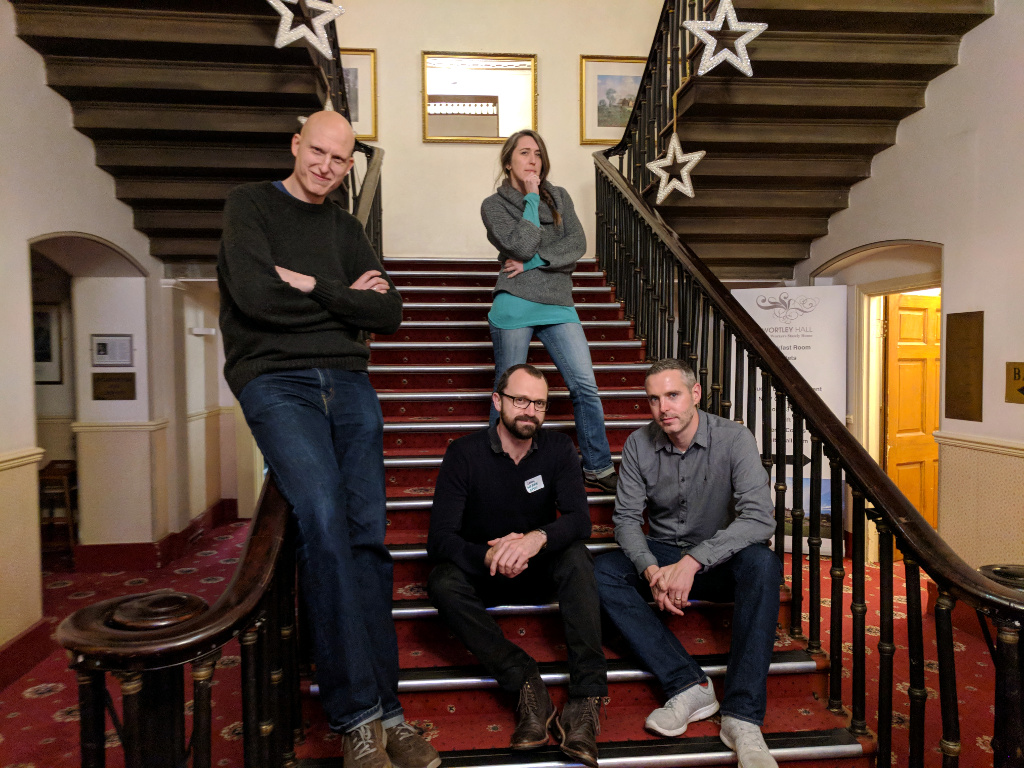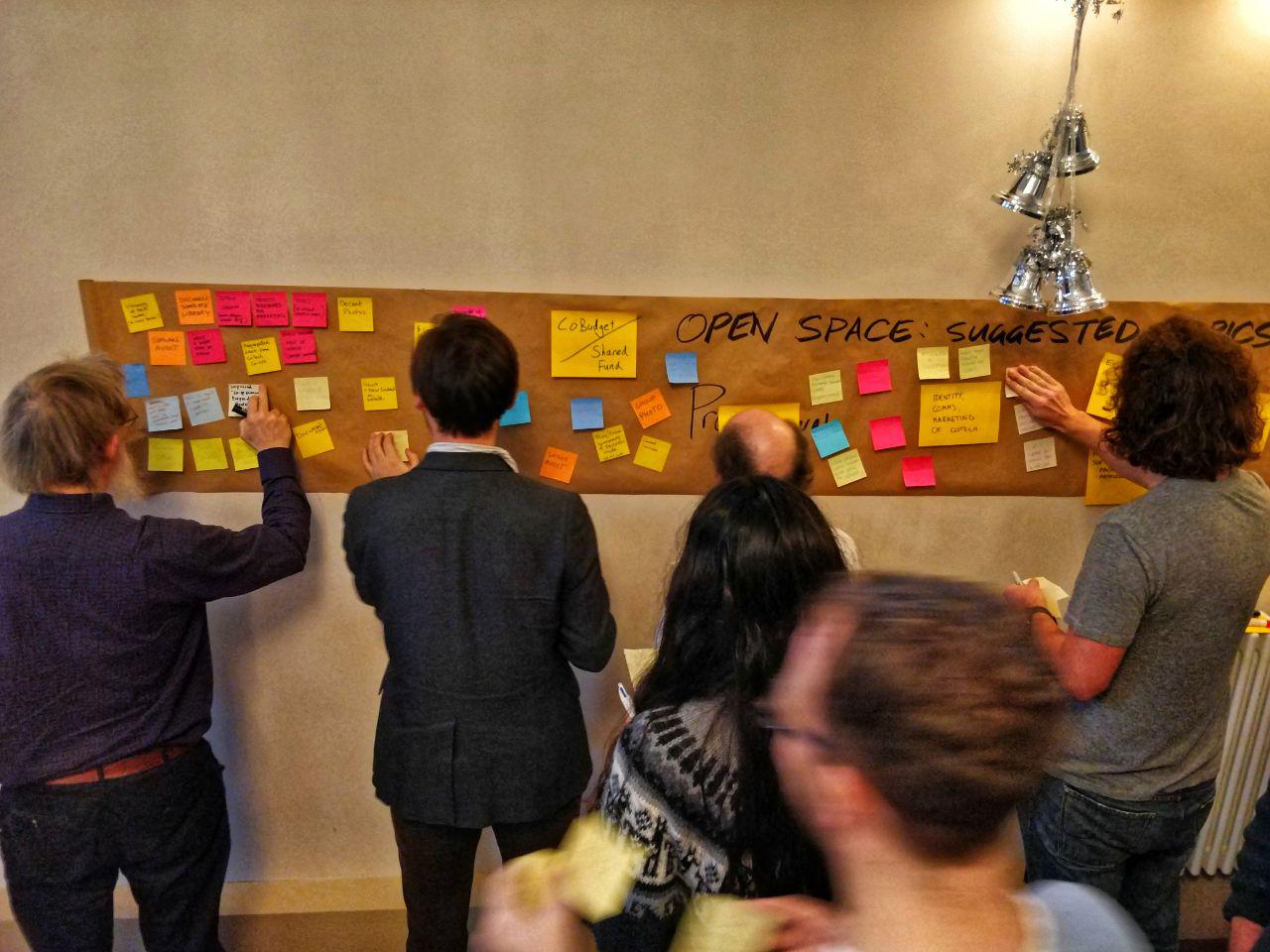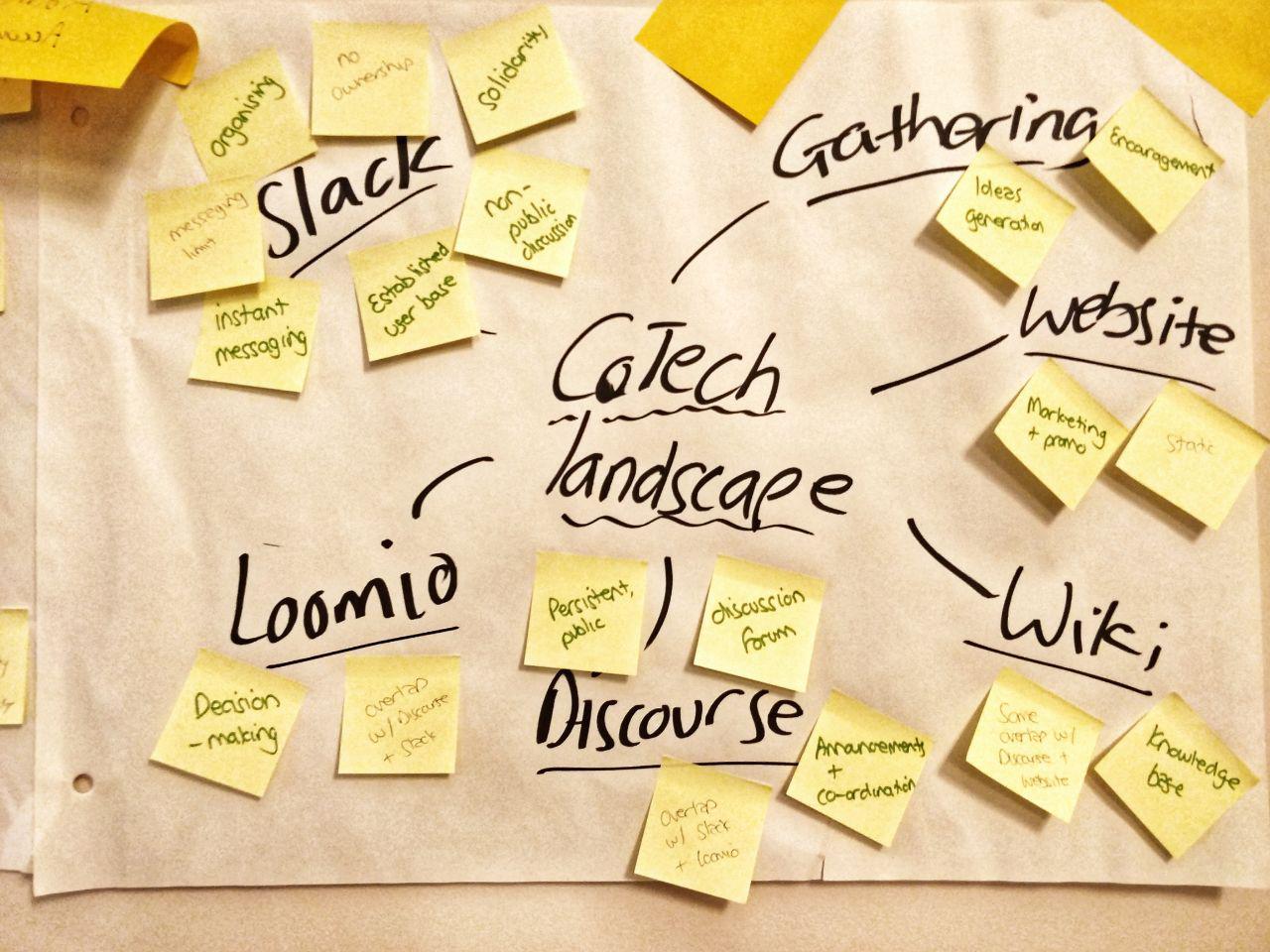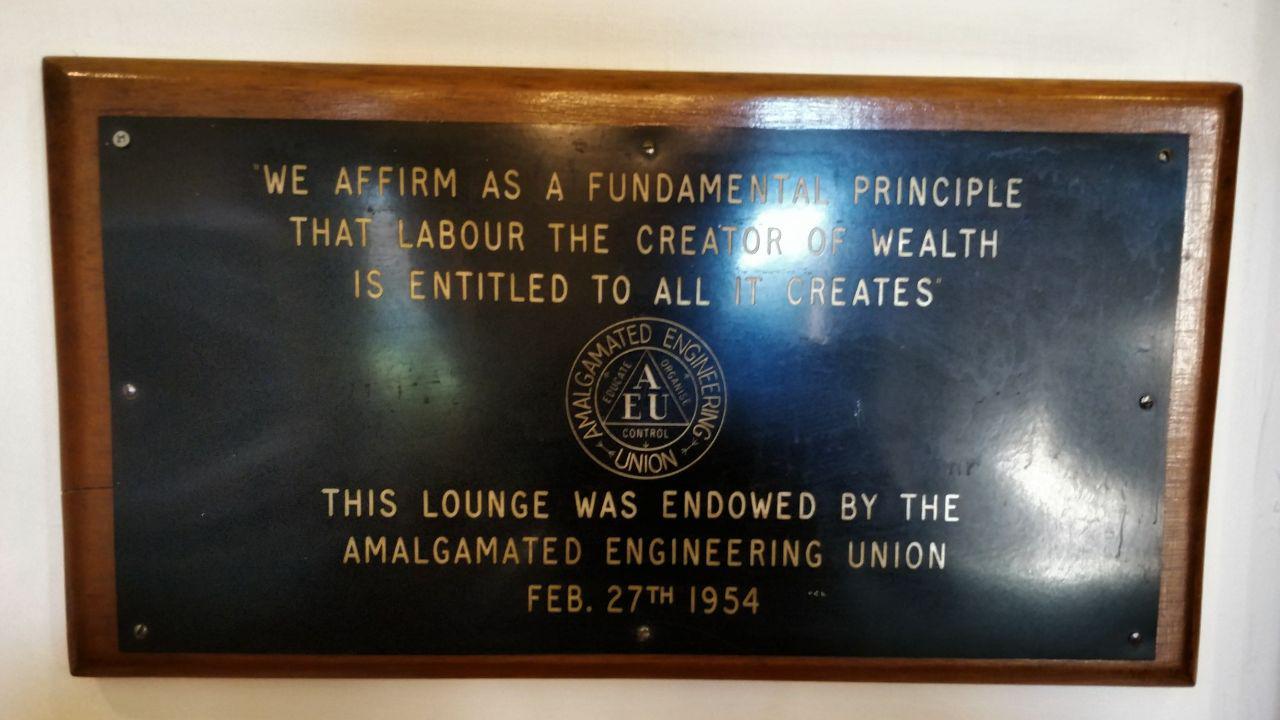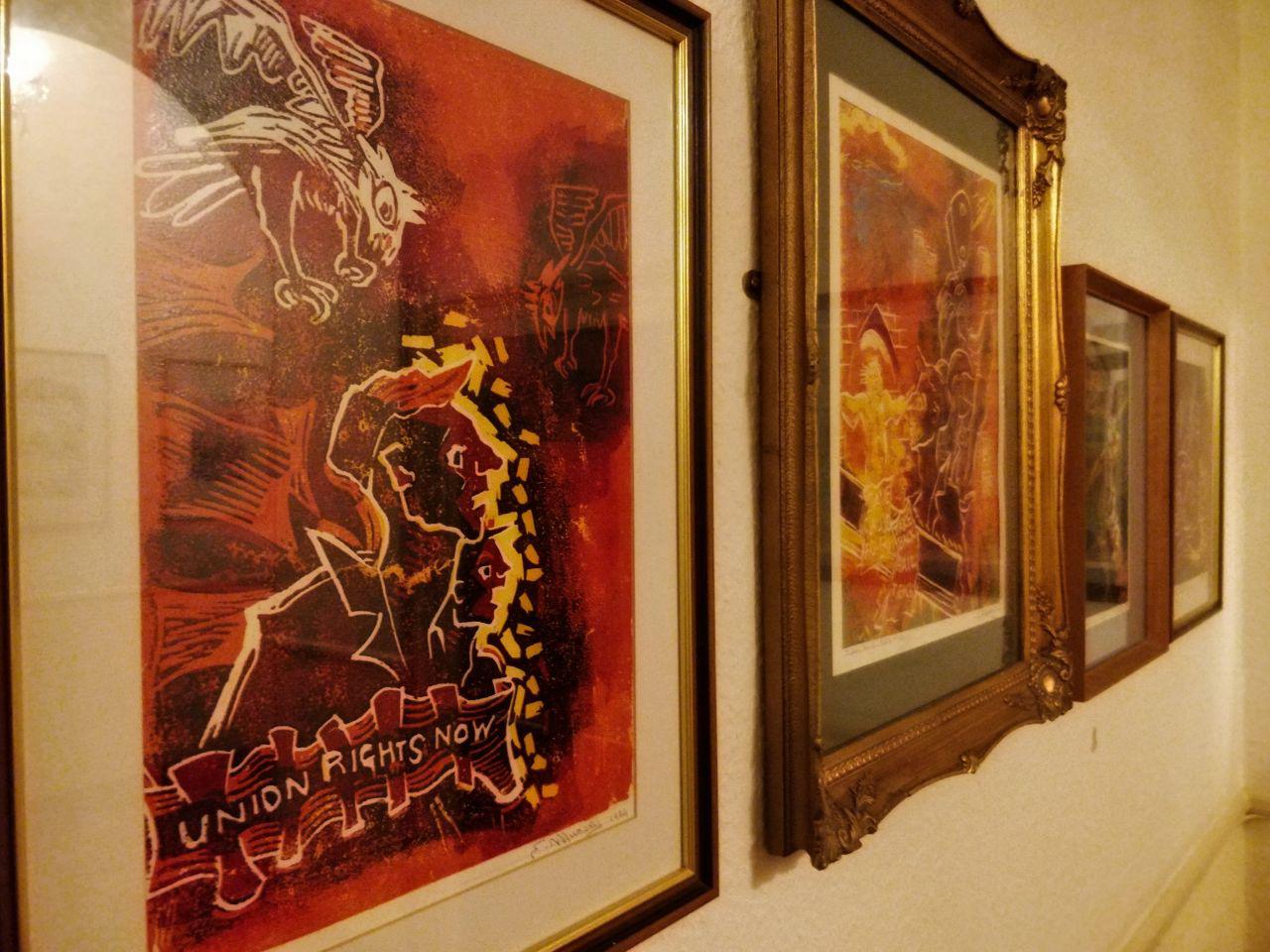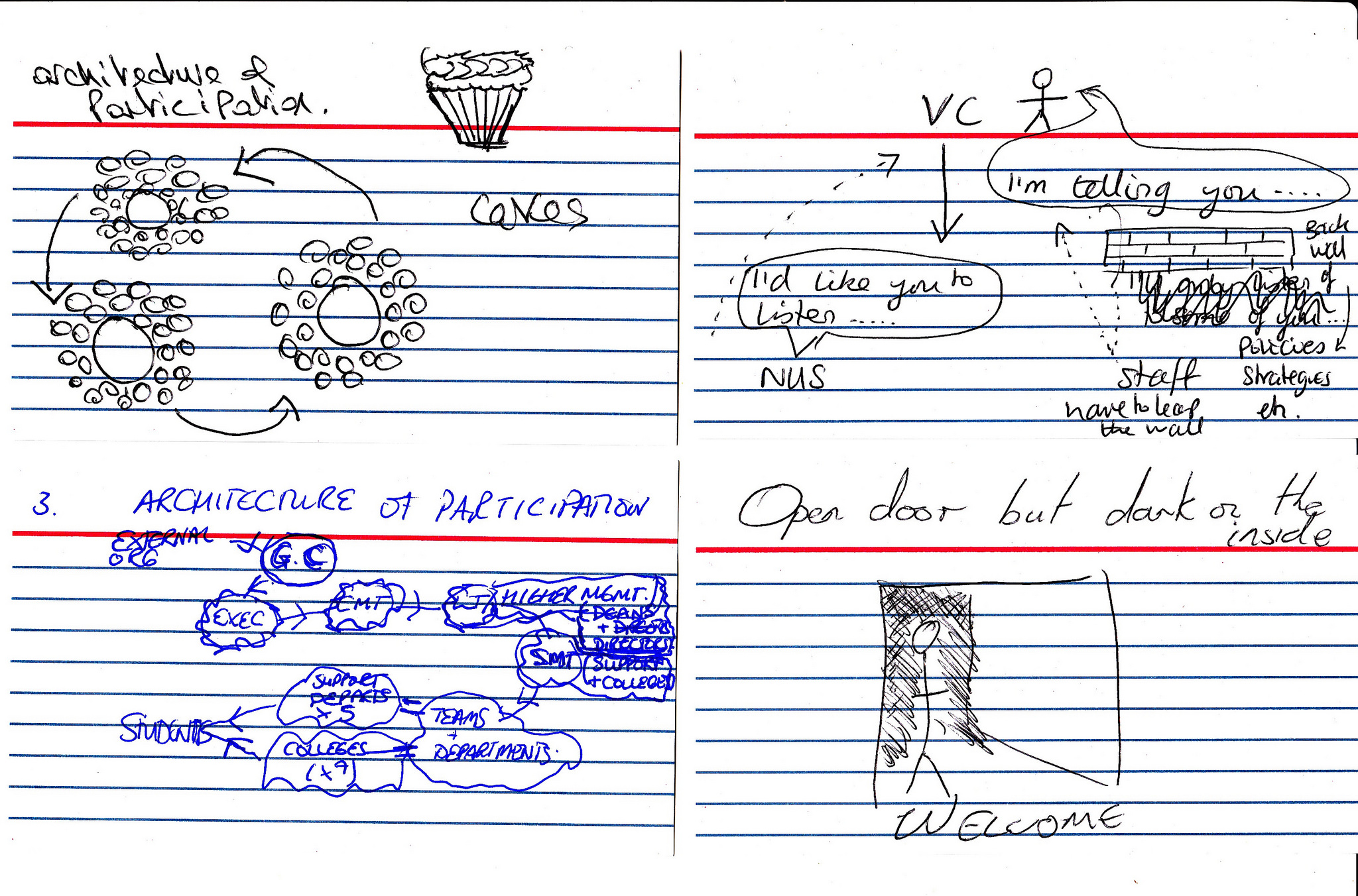Returning to social.coop

After time away from social media while on holiday, I’ve come to the decision to leave fosstodon.org and return to social.coop. You can now find and follow me at [email protected]!
There are several reasons for this decision:
- Home timeline — Fosstodon has grown in membership quite a lot over the past couple of years, which is great in and of itself. However, the ‘local’ timeline is important to me, and as Fosstodon has grown I’ve found it’s less relevant to my context.
- Reply-guys — there are some people (mostly middle-aged white guys) who seem to think it’s their duty in life to point out that a particular thing isn’t 100% FLOSS (Free, Libre, Open Source Software). There’s only so much of this I can tolerate.
- Co-operation — while I’m still very much interested in making the world more open in every way (including Open Source) I think what the world needs more than anything is more co-operation. I’m a founding member of a co-op, and part of a network of co-ops. This is how the world gets better and, right now, I want to have my home timeline full of ways we can do that.
I was part of social.coop for a year from 2017-18. I left after some drama, which was ultimately resolved. In my interactions with the team while applying for membership, I’ve been informed that it was very much a learning experience and things are in place now (see the wiki!) to prevent such things happening again.
For those keeping track, I’ve now gone mastodon.social → social.coop → fosstodon.org → social.coop. It’s easy to migrate accounts, although posts don’t come with you (I delete them every three months anyway!)
Many thanks to Kev Quirk and Mike Stone for setting up Fosstodon, and for the excellent moderation team! I’m looking forward being a member of the social.coop community again and, of course, still being part of the Fediverse 🤘

